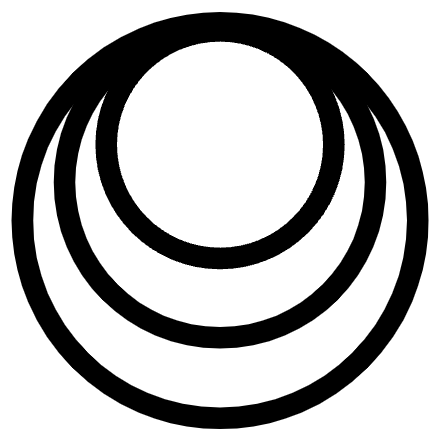I was 16 when I had a revelation: I will know everything about everything. I rushed home to write that down and imagine what it meant.
In my adolescent mind, “knowing everything about everything” offered a fascinating prospect. But there was a problem: I was just one unremarkable person out of billions. How could I possibly know everything discovered by all the great minds? Or what was happening in the far reaches of an expanding universe?
I imagined it was some undiscovered atomic property, or perhaps a software application that would allow me to overcome these limitations. In university I delved into religion, spirituality, and theoretical physics in search of the answer.
In the end, none of these offered me a path to omniscience, only more questions. They all answered the questions they uncovered with faith. Faith in a God I could not see, a universal force I could only imagine, or the intelligence and persistence of the human mind. All these systems of knowing dispossessed me of the actual power to know anything. I was supposed to wait for these people to find the answers for me. Or follow some path.
It was disheartening, but I still knew that there was a way to know everything about everything. I did learn one thing: it was practical. It would not be steeped in ritual, superstition, or academic pursuits. I would not need a guru, saint, prophet, or expert to confirm it. The truth I sought was so simple I could know and validate it entirely myself.
I had a breakthrough when I reflected on the fact that everything I thought I knew was based on something I never could directly know. At least within my current perspective, there simply was no way for me to know everything about everything.
I could not even definitively answer where I was without referencing ideas I could never validate. When I asked around, everyone repeated the same banalities. That struck me: no one even knows where we are. I am in this place where I cannot even answer the most basic question: where am I?
Asking myself that question, and hearing my answer, revealed something crucial: I was lost. Despite all my confidence, I was and always had been, lost. And lost people search for their way out. For the first time in my life, I could express my innermost desire: I wanted out.
Omniscience is not about facts, formulas, or academic knowledge. What use are these when I do not even know where I am? Anything worth knowing must be derived from what I want. And since I am lost, my primary desire is to escape.
With that, the fog began to lift. I learned that desire precedes all knowledge, creating the path I follow. Ultimately, there are two paths: that which leads me deeper into this maze of confusion, and that which leads me toward the escape I seek. Omniscience is knowing first what I want, and then following the path that emerges to lead me there.
Once I knew what I wanted, I had all the answers I ever wanted. When I stray from the path, the knowledge becomes sour, hollow, and useless in the service of my one desire: to escape.
To know everything about everything, I start at the very beginning.
…
